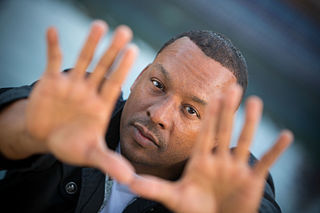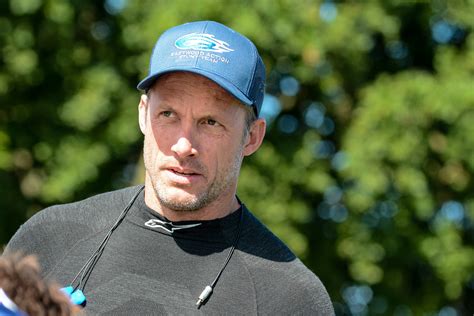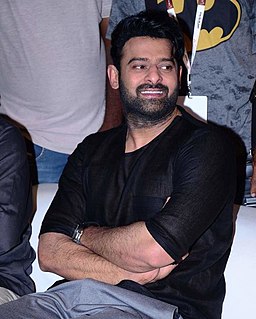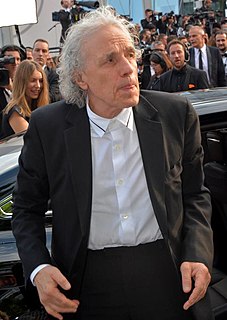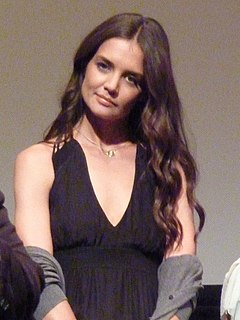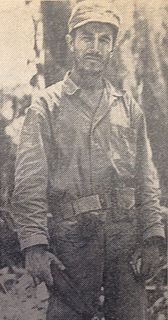A Quote by Deon Taylor
Well, outside of the tone, the big thing that I gained from working on horror film was how to shoot really quickly with no money. I learned how to be able to go into a production and know exactly what shot I need to get and how the shot needs to look and what performance I need to get out of the talent at a very quick pace.
Related Quotes
The worst thing that can happen is when you have gone weeks and months into elaborate sequences and the storyline of the film changes and you find out they don't need it. Sometimes you don't shoot those sequences, or they have been shot and then get edited out of the sequence you've shot gets changed and needs to be redone. That can be hard. It's not heartbreaking, but you do tend to think, "Och, all that work and effort." But that's filming, you know? You put all of these modular things into the pot, and sometimes they don't all get used.
If you have loans, the first thing you want to do is say, "Okay, look I have a credit card, if I really need to borrow, I have this emergency money that I can get, but for now there is no reason for me to keep cash at zero percent interest rate and at the same time, pay all of this money out. So, I think people need to figure out quickly how to pay loans and how much cash they should really keep.
If I'm ever working on a set and anyone talks about a master shot, I say there is no master shot. Before I even went to film school, I learned about movies by being in a British feature film, where everything was shot master shot, mid-shot, close-up. But I reject the idea of a master shot. You don't shoot everything mechanically; you find imaginative ways that serve the action.
With fiction, I've grown to really love the challenge of lying, the challenge of telling a good tale that isn't truthful, and working with performers is endlessly fascinating. You know, learning what a good performance is, how to get a good performance, how much or how little you need to create emotion or to create character.
I applied [to film school] figuring, "I need to find some structure for myself. I need to find a way to figure out what kind of filmmaker I want to be." And that is what film school provides you with. It'll teach you the basics of how a production works and the technical side of how to put everything together, but you could also learn that by working on film sets.
I never felt in competition with anybody in war photography. You're lucky to get your ass in and out again. It's as simple as that. It's the easiest photography in the world to shoot somebody who's been shot up. It doesn't take a genius. That's easy. The only thing you need to know is your photography. Get in and if you're lucky get out. And get as close as you can get.
I generally go into a movie with a very strong vision, with how I want to make the film, how I want to shoot the film, how I want to edit the movie, what I want the sound to sound like. So I have a very concrete idea even if I don't storyboard it, I know exactly what I want to do once I get into the sequence. Now having said that, I try not to let that slave me to the process. So if I do storyboard a sequence I don't necessarily stick to it if I discover more exciting things on set.
